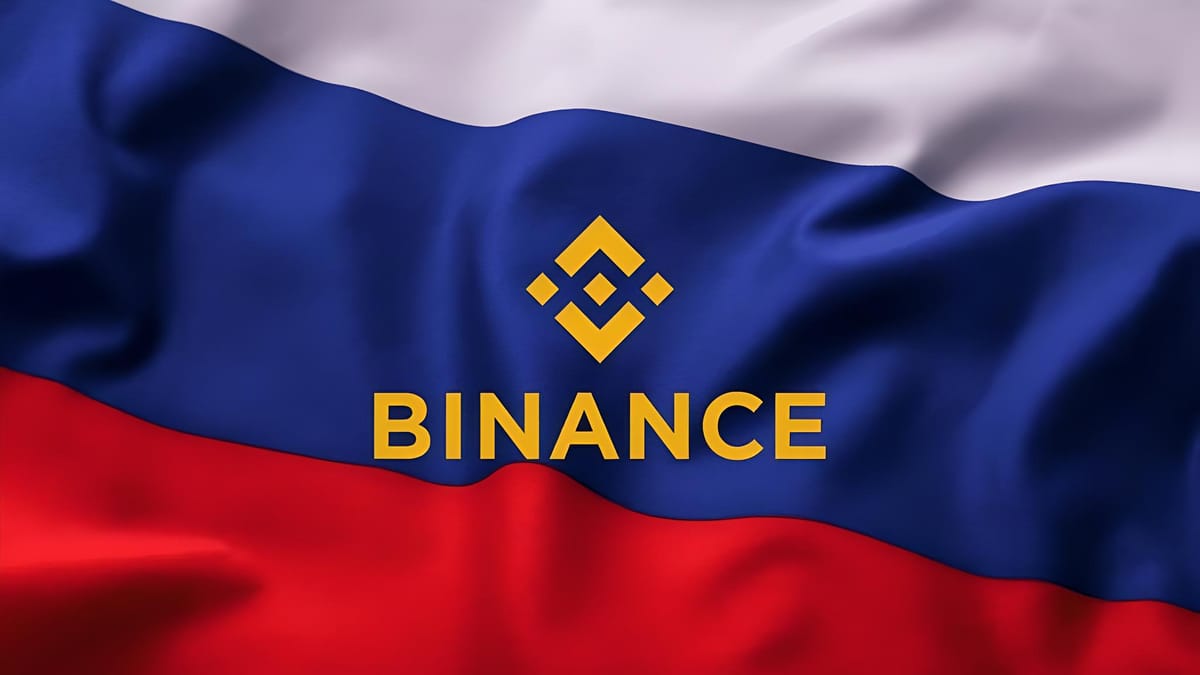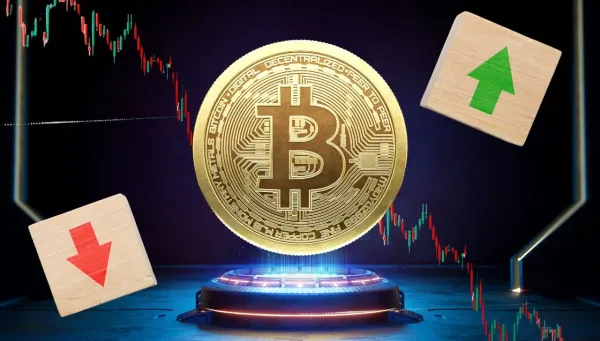Binance Continues to Violate Western Sanctions - BNB Hits Yearly Low

Binance faces allegations of aiding Russians in transferring funds abroad, exacerbating the already tangled legal landscape in the US.

Binance Continues to Violate Western Sanctions - BNB Hits Yearly Low
Despite sanctions, Binance allegedly facilitates transactions for Russian citizens?
According to a recent report by the Wall Street Journal, Binance has processed up to $8 billion in transactions for at least 5 Russian banks listed on the West's blacklist, including Tinkoff Bank and Rosbank.
Additionally, some volunteers known as Binance Angels reportedly shared on Telegram that the exchange imposes no restrictions on transactions for Russian clients.
More: What is Binance Exchange?
A spokesperson for the exchange immediately responded:
"Binance adheres to global sanctions rules against individuals, entities, and countries on blacklists, refusing service to such actors and blocking access to the platform. Therefore, the exchange has no relationship with Russian banks or P2P trading organizations collaborating with traditional financial system partners under sanction."
These claims contradict Binance's previous announcements. Last April, the exchange closed numerous accounts associated with Russian officials and restricted services to individuals and entities residing or operating within territories holding over €10,000 in crypto assets. At that time, Reuters also accused Binance of providing user information to Russian authorities.
Since the outbreak of the Russia-Ukraine conflict, the volume of crypto transactions from Russian clients has surged, as many seek alternative investment channels to safeguard assets amidst severe ruble depreciation. BTC and USDT prices in trading pairs with the Russian ruble even reached ATHs.
In related developments, the US Department of Justice is reportedly investigating Binance for potential violations of US sanctions imposed on Russia, according to Bloomberg sources.
However, this isn't the first time Binance has been accused of circumventing US sanctions. In July 2022, multiple allegations surfaced suggesting the exchange facilitated Iranian users to use VPNs to evade surveillance agencies.
According to WSJ, the U.S. DOJ is investigating whether Binance may violate U.S. sanctions against Russia. Binance provides Russian customers with at least five sanctioned Russian banks for payments. Binance responded that it follows global sanctions rules and imposes sanctions…
— Wu Blockchain (@WuBlockchain) August 22, 2023
Protracted legal battles weigh heavily on Binance
Revelations of aiding Russian users further alienate Binance from global regulatory authorities. Recently, the exchange has faced continuous hurdles in Europe, leading to withdrawals from markets in Germany, the UK, the Netherlands, Cyprus, and Austria.
On the North American front, Changpeng Zhao's exchange also confronts challenges, particularly high-profile lawsuits from the Commodity Futures Trading Commission (CFTC) and Securities and Exchange Commission (SEC). Meanwhile, the US Department of Justice continues to contemplate charges against Binance and its leadership, fearing systemic impacts on the entire market.
Amidst the legal storm, key figures at the exchange have departed, accompanied by lost partnerships and severed agreements.
So where does BNB, Binance's native coin, stand amidst all this?
BNB hits yearly low
Given the circumstances, BNB seems unable to shake off its woes. The fourth-largest cryptocurrency with a market cap of $32 billion is hitting yearly lows, hovering around $204 and at risk of dipping below $200 imminently.

1D chart of the BNB/USDT pair on Binance as of 10:30 AM on August 23, 2023
Compounding matters is a borrowed sum on the Venus platform via the BNB Bridge hack, further pressuring the coin's price. According to recent confirmation from co-founder He Yi, BNB Chain is collaborating with Venus to cautiously unwind the loan, aiming to avoid market disruption.
The cryptocurrency market on the morning of August 23 also shows significant volatility, with Bitcoin dropping below $25,800.





